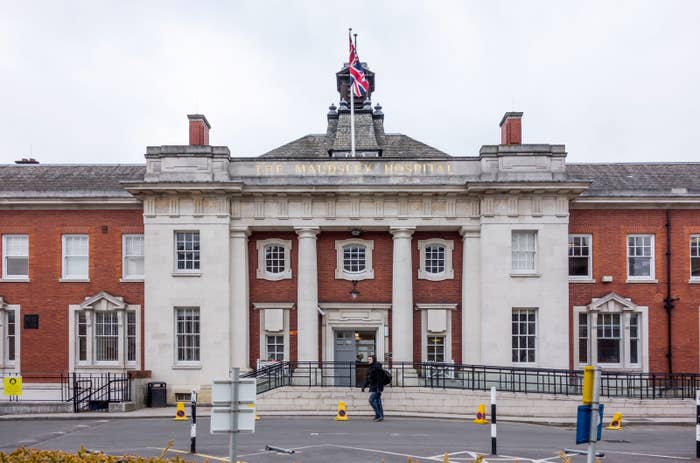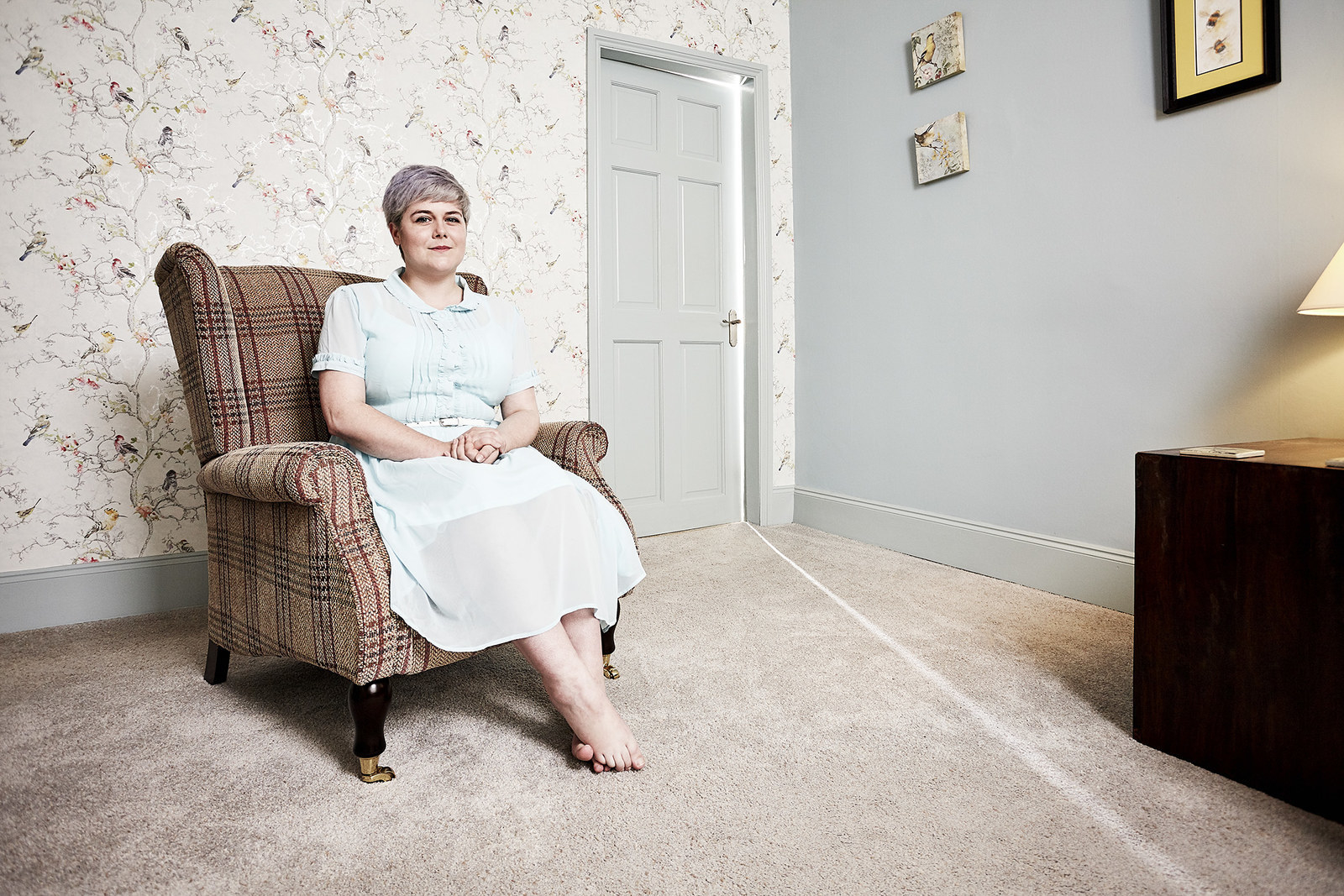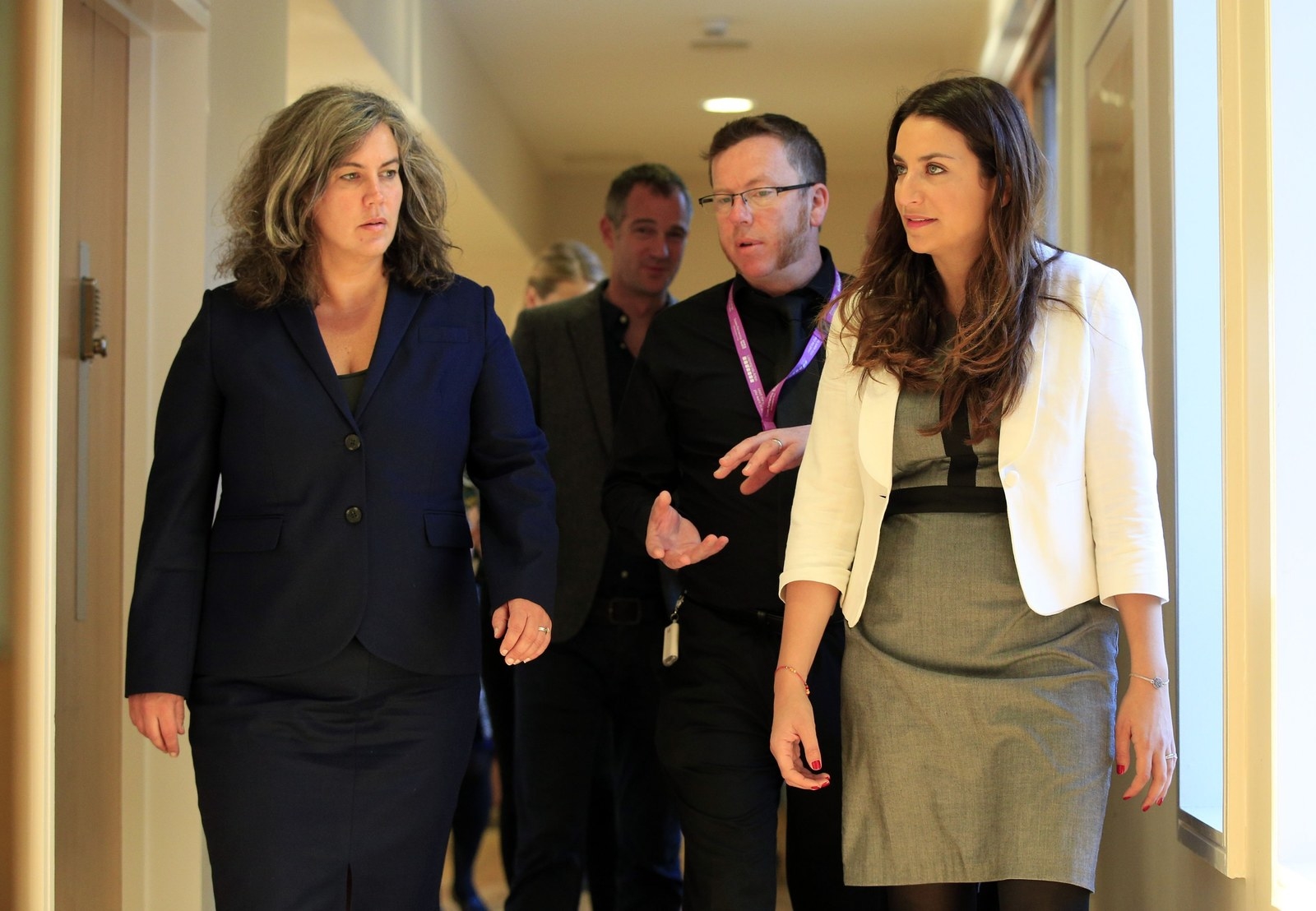
Research from the Royal College of Psychiatrists has found that despite government claims that mental health spending is at “record” levels, mental health trusts have less money to spend on patient care in real terms than they did in 2012.
The college is calling for trusts to be given more money and for better ways of tracking where mental health money is being spent, and said it fears some of that funding is failing to reach the front line.
According to the analysis, based on the latest available figures, the annual income of mental health trusts in England is lower than it was in 2011-12 once inflation is taken into account.
In England 62% of mental health trusts at the end of 2016-17 reported lower income than the amount for 2011-12.
A medical director from one Midlands mental health trust, who asked to remain anonymous, said doctors’ caseloads had gone up at the same time as public demand for treatment had risen, even as funding cuts meant some services have been scaled back.
Five years ago, they said, their trust had a liaison-psychiatry service seven days a week. That has now been cut down to weekdays only.
“Our doctors are seeing more patients and yet resources are more scarce," the medical director said. "How are we supposed to cope with this mental health crisis in that kind of environment?”

The analysis also showed that the picture across the UK is similar, with mental health spending in Wales, Scotland, and Northern Ireland all lower now than it was in recent years.
Lauren Nixon, whose grandmother was killed by a mental health service user, and who suffers from mental health problems herself, told BuzzFeed News last year that the government was failing to adequately invest in mental health services – often with tragic consequences.
This week she told BuzzFeed News: "As a victim of crime and as someone who accesses mental health services, care in the community is sold as this way of helping people, but it's so underfunded it never works.
"I work in a doctors' surgery and we see this all the time; people turn up for things, don't get in contact, but we just don't have the resources to follow it up.
"We're doing such a good job of raising awareness, being aware of symptoms, but as that awareness grows we need the services to match that. If people can't get an appointment, can't be seen a professional, can't get the care that they need, the gap between awareness is going to grow and grow and grow."
Nixon said that if mental health services were better funded, people's lives would be changed. "Like my gran", she added, "but also people wouldn't have to suffer in silence; it would make a significant difference."

In one case the College analysed, Cornwall Partnership NHS Foundation Trust had three years of real-term cuts in a row between 2013 and 2016. Medical director Dr Ellen Wilkinson said that, as it becomes harder to make the necessary savings, the trust will be forced to take money out of funding doctors, nurses and crucial clinical resources.
In one instance, she said, money was given to commissioners for children and young people’s mental health services, but then subsumed into paying off overall debt.
“There is no doubt that demand on mental health services is going up, and there is a real danger that because of well-known pressures people are reluctant to come forward when they need it the most,” she said.
“We’re also finding that smaller support services which help supplement and complement mainstream NHS services are being cut. Services like domestic violence support, befriending or services to help families with problems just aren’t getting the same funding in the current climate.”
Explaining the findings, Professor Wendy Burn, the college’s president, said: “It is totally unacceptable that when more and more people are coming forward with mental health problems, trusts are receiving less investment than they did, in some cases, seven years ago.
“Patients with mental illness continue to bear the brunt of an underfunded sector experiencing unprecedented demand with limited supply.
“Prioritisation of mental health is about getting the right care, at the right time, in the right place. This can’t happen when trusts continue to receive inadequate investment.”
Luciana Berger MP, president of the Labour campaign for mental health, told BuzzFeed News: "This devastating research once again exposes the gap between the claims from Theresa May and Jeremy Hunt and the reality facing our mental health services.
"The prime minister and the health secretary must stop saying that they are increasing mental health spend, and that the spend is at 'record' levels, when 2 in 3 trusts have seen a real term decrease in their funding since 2011-12.
"It is unacceptable to pretend otherwise, particularly when patients are suffering ever longer waiting times to access vital services, if they manage to get into them at all."
Berger said the government should start ring-fencing mental health budgets to ensure funding is reaching the front line.

An NHS England spokesperson, however, rubbished the report from the Royal College of Psychiatrists. “This sloppy press release contains basic flaws and obvious mistakes," they said.
“Firstly it ignores the fundamental fact that many of the trusts it references provide both mental health and community services entirely unrelated to mental health. So changes in the trusts’ total income tells us nothing about their mental health revenues specifically.
“Secondly, their press release seems to forget that during the period in question, responsibility for funding many of the services these trusts provide, such as sexual health clinics, transferred from the NHS to local government.
“Thirdly, it suppresses the inconvenient truth that NHS mental health investment has been increasing in real terms both last year and this. Indeed even on its own flawed maths, the briefing concedes: 'the total in 2016/17 was higher than any of the previous four years.'"
In response, a college spokesperson told BuzzFeed News they stood by their research, saying researchers "have spent months carefully collating and analysing data within annual reports and accounts to get a clear and accurate picture of the income of NHS trusts and foundation trusts – which employ almost 90% of the NHS psychiatrists in England."
"As a result of our analysis we can say with absolute confidence that although trust income has gone up since 2014 – in real terms it is still below the levels achieved five years ago in 2011 to 2012," the spokesperson continued.
"As NHS England highlights, mental health finances in England are confusing and it is extremely difficult to track how every penny of taxpayers' money is being spent. This is a shocking state of affairs which must be remedied so that voters can be confident that money intended for mental health services is being spent on them. A particular source of confusion, highlighted by NHS England, is that 29 of the 55 trusts (2016/17) also provide community services such as district nursing and sexual health not directly related to mental health.
"This should not distract those seeking to ensure that more money goes to front line mental health services from the essential truth here. Mental health trusts do what it says on the tin – they have a primary responsibility for treating mental illnesses and the amount of money that they have to spend must therefore be a key indicator of their ability to fulfill that purpose."
